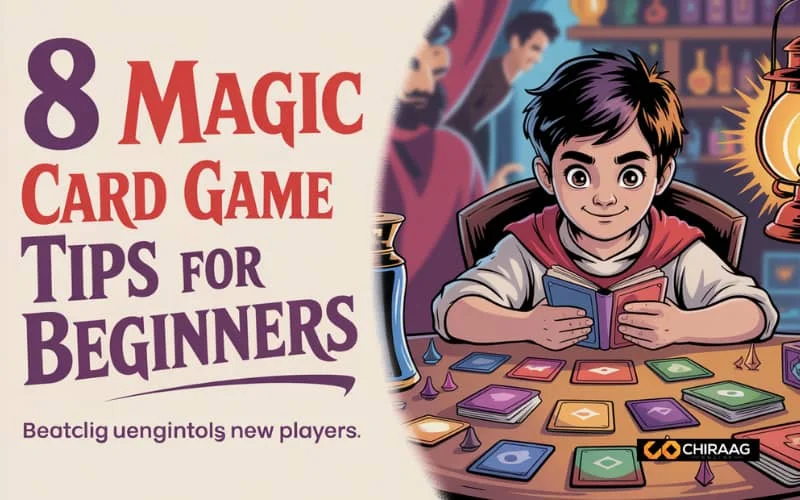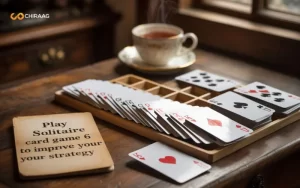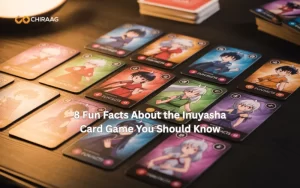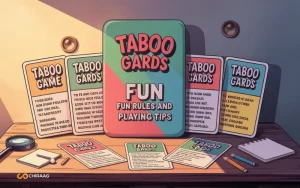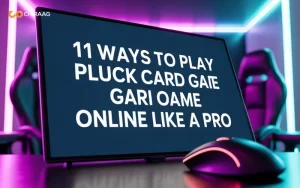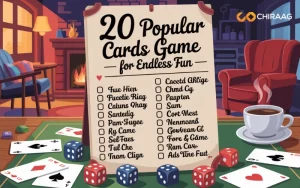The magic card game is one of the most popular and strategic collectible card games in the world. It combines elements of deck building, tactical decision-making, and resource management. Beginners often find it exciting but also challenging due to the variety of cards, mechanics, and strategies involved CoExchange. The goal in most formats is to reduce your opponent’s life points to zero while managing your cards and resources effectively. Learning the basics, understanding card types, and recognizing how different strategies work are essential first steps for anyone who wants to succeed in the magic card game.
Tip 1 Learn the Rules Thoroughly
A strong foundation begins with understanding the rules of the magic card game. While the basic gameplay involves summoning creatures, casting spells, and using abilities, the rules can vary depending on the format you play. There are different types of cards such as creatures, instants, sorceries, enchantments, artifacts, and planeswalkers, each with its own function. Learning how turns are structured, how to tap lands for mana, and how combat works will prevent costly mistakes. Beginners should spend time reading official rule guides or watching tutorial videos to ensure they understand every aspect before competing seriously.
Tip 2 Start with a Simple Deck
When starting out in the magic card game, it is better to begin with a simple deck rather than one filled with complex combos and advanced mechanics. Preconstructed decks are a great choice because they are designed to be balanced and easy to use. A simpler deck allows you to focus on learning core strategies such as card advantage, mana management, and board control without being overwhelmed. Once you are comfortable, you can start experimenting with custom decks and more advanced strategies.
Tip 3 Focus on Mana Balance
Mana is the core resource in the magic card game. Without the right mana balance, even the best cards in your hand cannot be played. Beginners should aim for a deck that has a balanced ratio of lands to spells, usually around 40 percent lands depending on the format. Also, make sure your mana colors match the cards you intend to play. Having too many high-cost cards without enough mana sources will slow down your gameplay and make it easier for opponents to gain an advantage.
Tip 4 Learn Card Synergy
Card synergy is what makes a deck powerful in the magic card game. This refers to how well your cards work together to support your strategy. For example, if you have creatures that gain benefits when you cast spells, pair them with low-cost instants or sorceries that can trigger those effects. A deck with strong synergy will consistently execute its game plan and put pressure on your opponent. Beginners should look for cards that complement each other rather than just including powerful cards without a unifying strategy.
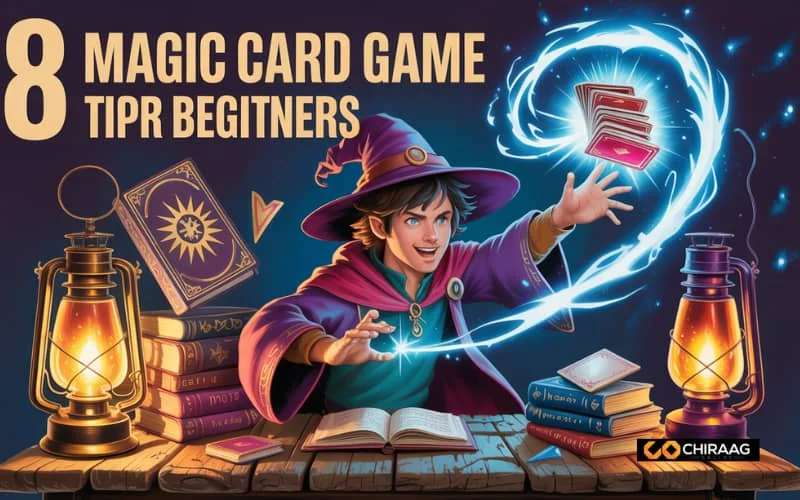
Tip 5 Manage Your Hand Wisely
In the magic card game, hand management is just as important as the cards on the battlefield. Playing too many cards too quickly can leave you with no options later in the game, while holding onto cards for too long can result in missed opportunities. Beginners should learn when to be aggressive and when to hold back. The key is to maintain enough cards in hand to respond to threats while still applying pressure to your opponent.
Tip 6 Understand Combat Tactics
Combat is one of the most strategic aspects of the magic card game. Knowing when to attack, block, or hold your creatures back can make the difference between winning and losing. Beginners should consider the power and toughness of creatures, potential abilities like first strike or flying, and whether the opponent might have combat tricks in hand. Avoid attacking recklessly, and instead look for opportunities where you can trade weaker creatures for stronger ones or deal damage without risking important cards.
Tip 7 Learn from Experienced Players
One of the fastest ways to improve in the magic card game is by observing and learning from experienced players. Watching games, whether in person or online, can help you understand advanced tactics, deck-building strategies, and decision-making under pressure. Joining a local community or online forum can also provide valuable advice and feedback on your gameplay. Many beginners make rapid progress by asking questions, practicing with mentors, and participating in friendly matches to test their skills.
Tip 8 Practice and Refine Your Strategy
Practice is the ultimate key to success in the magic card game. The more you play, the better you will understand your deck, your opponents’ strategies, and how to adapt to different situations. After each game, take time to review what worked well and what could be improved. You may need to adjust your deck, change your mana ratio, or refine your overall strategy. The magic card game rewards players who are willing to learn from their mistakes and constantly improve.
Conclusion
The magic card game offers endless possibilities for creativity and strategy. By learning the rules, starting with a simple deck, managing mana effectively, building synergy, managing your hand, mastering combat, learning from others, and practicing consistently, beginners can quickly move from novice to skilled player. These eight tips form a strong foundation for anyone looking to enjoy and succeed in the magic card game. Over time, with experience and dedication, you will develop your own unique play style and strategies that make the game even more exciting.


